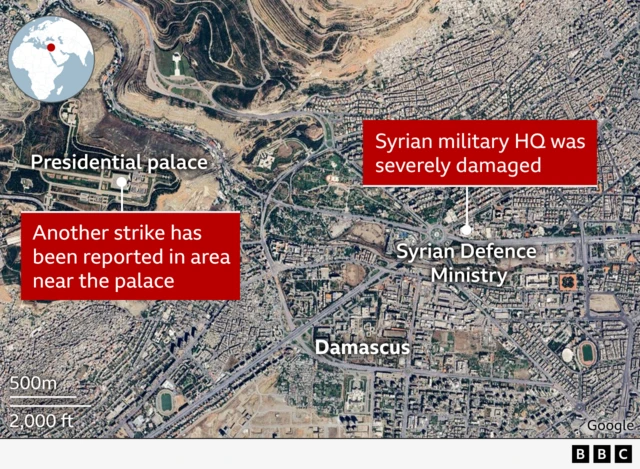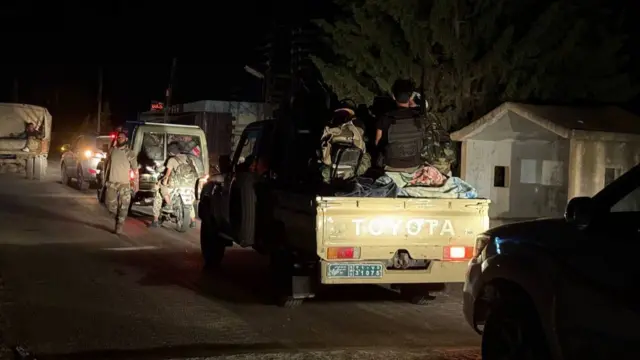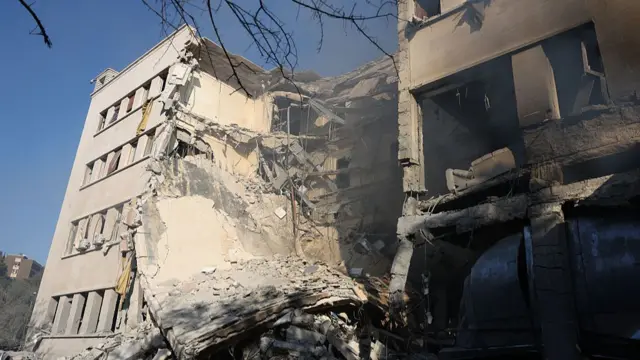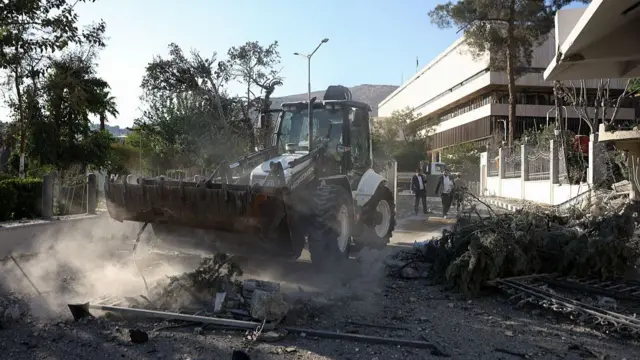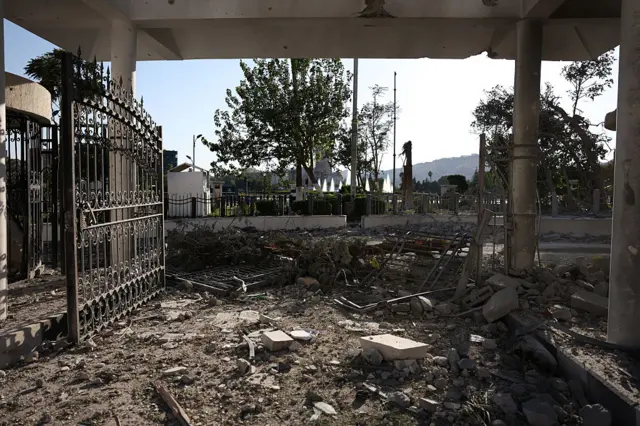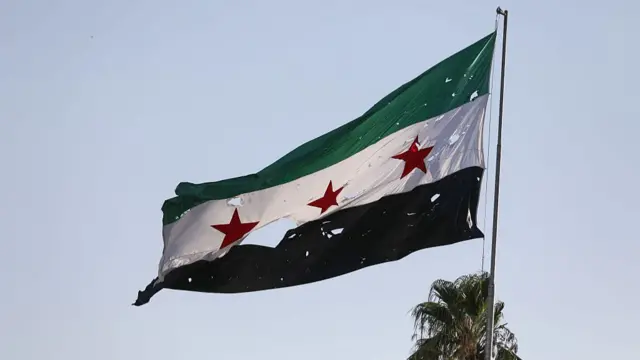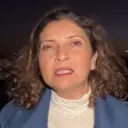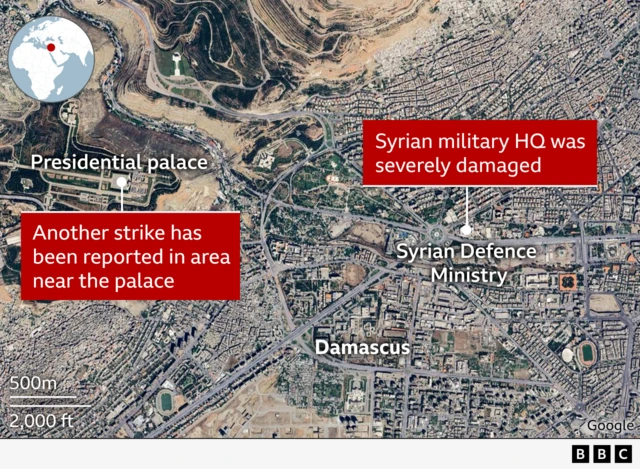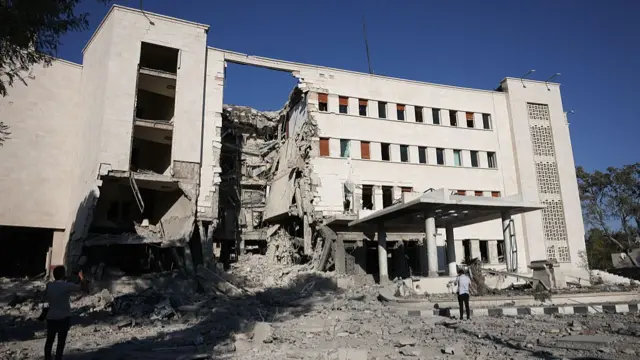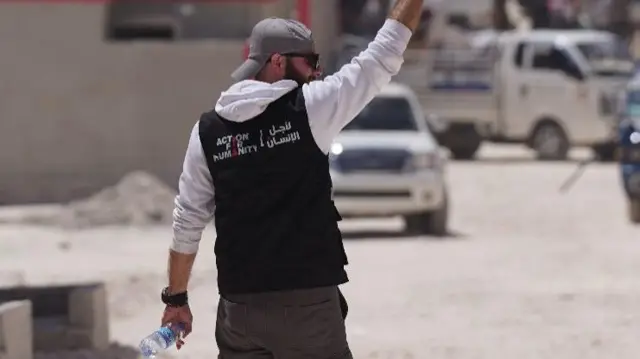An unclear end to a day of deadly strikespublished at 22:29 BST 16 July
We'll be ending our live coverage of Israel's strikes on Syria's capital Damascus now.
For any further updates on these attacks, in which at least three people were killed and 34 injured, our main story will be kept updated here. It is not yet clear if the "specific steps" to end the violence tonight, which the US says has been agreed by both sides, have come into effect.
Israel says it attacked the Syrian defence ministry in the capital - which was broadcast on live TV and led a journalist to take cover as a strike hit the ministry headquarters nearby.
Israel also says it carried out attacks it targeted the Syrian military in defence of the Druze civilians, as it accused the government of also attacking in the south of the country. Syrian state TV has reported the army is withdrawing from the city of Suweida, following an agreement between them and local religious leaders.
The latest round of sectarian fighting started on Sunday between the Druze minority and Bedouin tribes in Suweida - where there is a Druze majority. Our Middle East correspondent Lina Sinjab reported from the city in southern Syria following previous clashes there.
